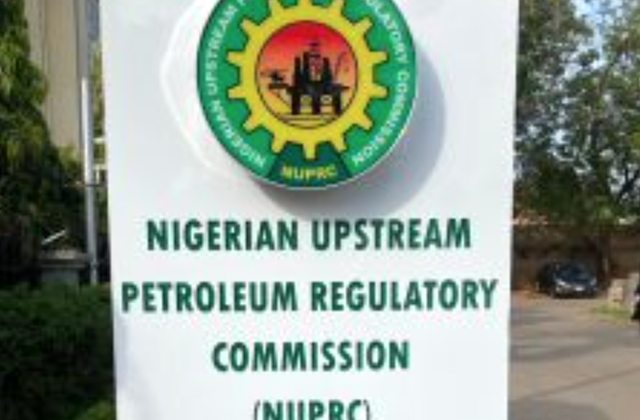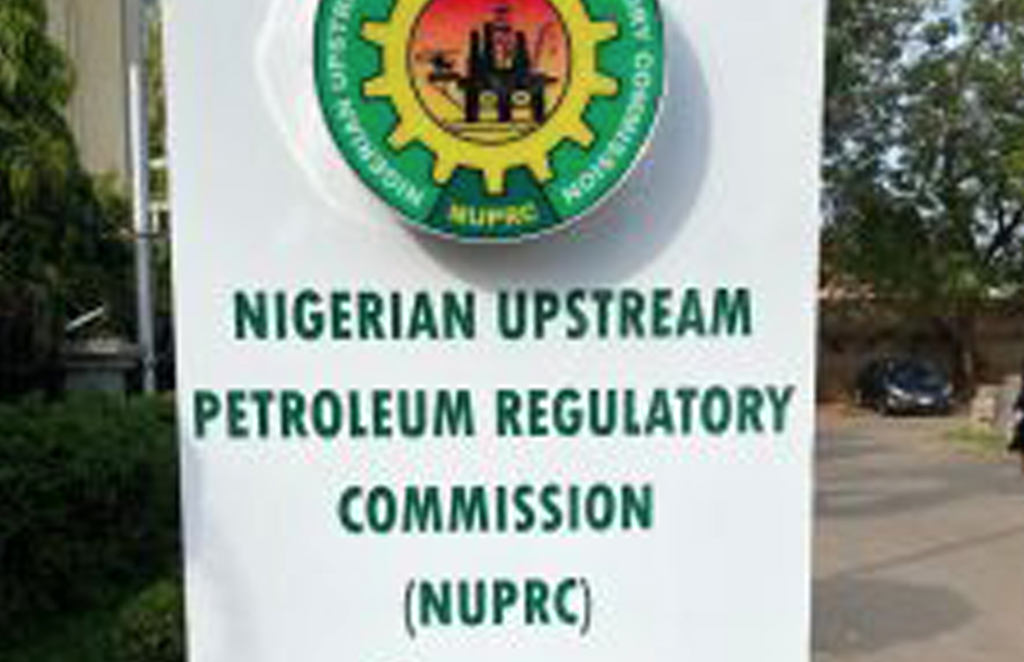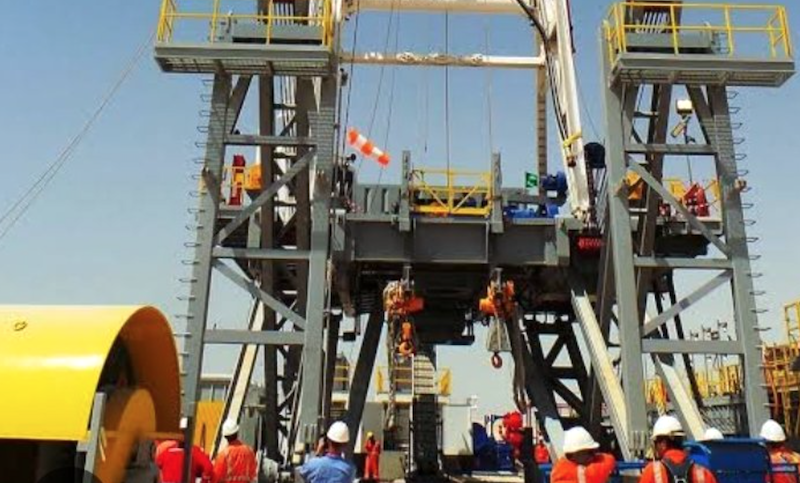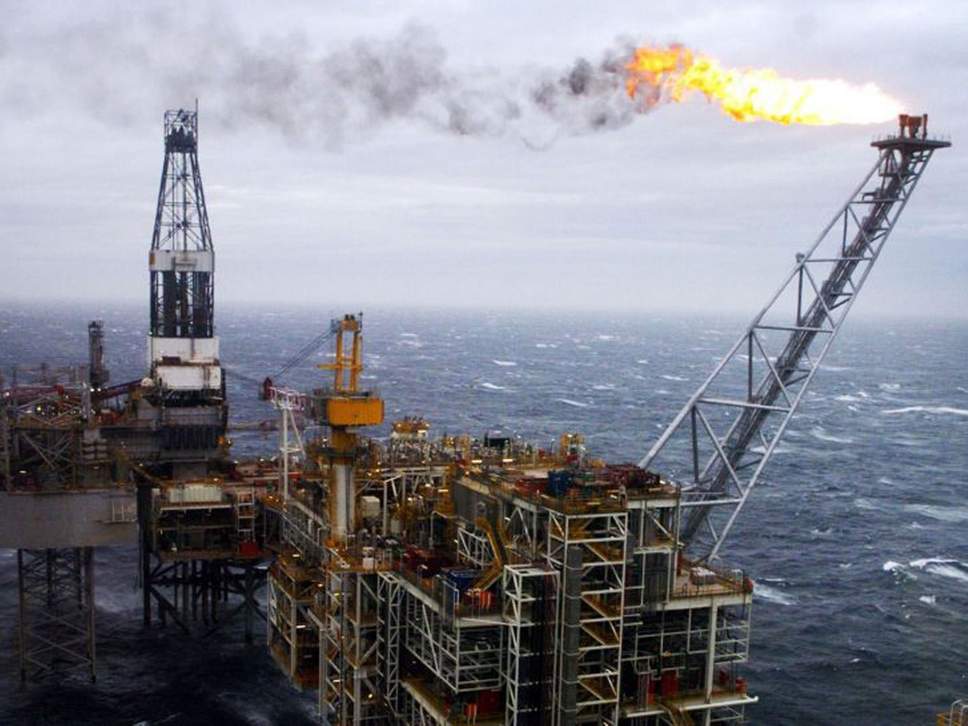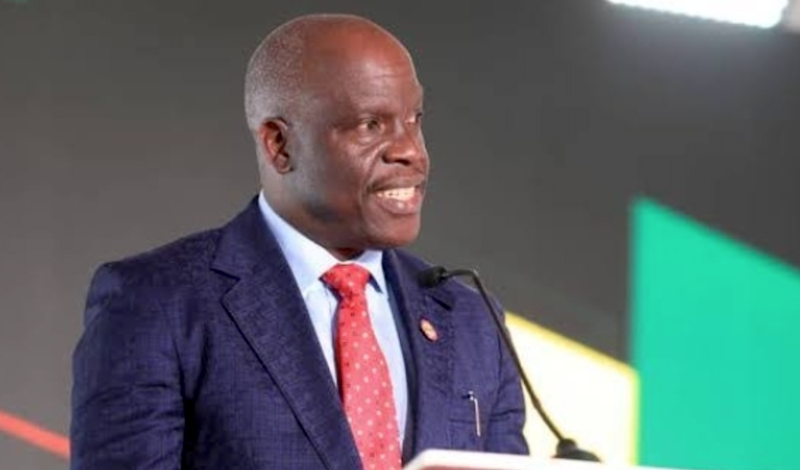The Nigerian Upstream Petroleum Regulatory Commission (NUPRC) says Nigeria gas flaring has fallen to 7.16 per cent in July 2025, while daily gas production rose to 7.59 billion standard cubic feet per day (BSCFD).
The NUPRC, in its Gas Production Status Report for July 2025, released on Saturday said this marked an 8.58 per cent increase compared to the 6.99 BSCFD recorded in the full year of 2024.
According to the report, the simultaneous growth in output and decline in flaring underscores the Commission’s drive to boost production while advancing its 2030 zero-flare commitment.
The report stated that Nigeria’s gas industry had sustained steady growth over the past three years, with daily average production hitting 7.59 BSCFD in July 2025.
“The 7.59 BSCFD daily average also represents a 9.84 per cent increase from the 6.91 BSCFD posted in the full year of 2023, which shows a sustained rise in gas production,” it said.
It said in spite of an increase in production, there was a continued reduction in gas flaring.
This, it said fell to 7.16 per cent in July 2025, down from 7.55 per cent in 2024 and 7.38 per cent in the corresponding period of 2023.
It sated that the reduction in gas flare was recorded in spite of the steady increase in gas production which reflected the Commission’s commitment to end routine gas flaring by 2030.
“The Commission has embarked on gas reduction programmes like the Nigerian Gas Flare Commercialisation Programme (NGFCP).
“Other initiatives include developing a Decarbonisation and Sustainability Blueprint, promoting Carbon Capture and Storage (CCS), and integrating sustainability into project planning through the Upstream Petroleum Decarbonisation Template (UPDT).
“In terms of Domestic Gas Delivery Obligation (DGDO) performance, the sector delivered 72.5 per cent in July 2025, up from 71.8 per cent in June,” the report said.
Data from the Commission further showed that DGDO performance stood at 72.2 per cent in January.
It revealed that it rose to 73.5 per cent in February, dipped slightly to 70.8 per cent in March, before climbing again to 73.7 per cent and 73.0 per cent in April and May, respectively.
On gas production by contract type, it said 63 per cent of output during the review period came from Marginal Sole Risk (formerly Marginal Fields), while Production Sharing Contracts (PSCs) accounted for 24 per cent.
“Joint Venture (JV) contracts contributed 10 per cent, and Sole Risk (SR) operators delivered the remaining three per cent.
“Gas utilisation data shows that, year-to-date as of July 2025, 35.88 per cent of production was channelled to export sales, 27.82 per cent was supplied to the domestic market, while 29.13 per cent was utilised for field and plant operations (own use).
“Companies deployed gas mainly for in-house purposes such as fuel, gas lifting, and reinjection for pressure maintenance,” it stated.
It further stated that Gas-to-Power supply hit its strongest level in three months, with average daily deliveries rising by 3.48 per cent month-on-month, from 833.86mmscf/d in June to 862.86mmscf/d in July 2025, the highest in three months.
“Over the first seven months of the year, Gas-to-Power supply stood at 780.23mmscf/d in January, increased to 849.37mmscf/d in February, and rose further to 886.83mmscf/d and 886.7 in March and April, respectively.
“The daily averages for May, June, and July were 837.64 MMSCF/D, 833.86 MMSCF/D, and 862.86 MMSCF/D, respectively,’ it said.
